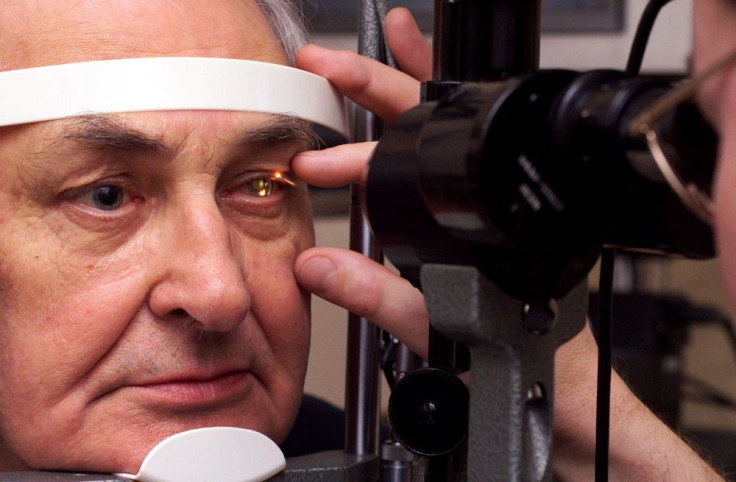To make the blind see again, RetroSense scientist to inject virus with light-sensitive algae DNA on eyes in human trial

A scientist from RetroSense will try a technique on humans by injecting a virus doped with light-sensitive algae DNA directly into the patient’s eye. Zhuo-Hua Pan, the scientist, will use gene splicing technique, which over the last 10 years, helped researchers observe how the brain works in animals by making neurons react to light.
The human trials would have patients suffering from retinitis pigmentosa (RP), an eye ailment that damages specialised rod-and-cone photoreceptors in the eyes which causes permanent blindness. The treatment would result in the cell making a light sensitive protein which sends a signal for the brain to respond to light.
RetroSense used the technique before on blind mice. After treatment, the mice avoid bright lights like normal mice with no eye problem, reports Engadget.
The aim of Zhuo-Hua and his team is to generate at least 100,000 light-sensitive cells to provide RP patients with a decent level of vision. At this point in the experiment, the researchers do not know how well the eye patients would see until they attempt to use their treated eyes.
Since the algae cells are only sensitive to the color blue, chances are the patient would see only in black and white. Another limitation of algae cells is patients would likely only see well in bright sunlight. To address this limitation, the team plans to fit the patient with light-magnifying goggles.
Besides eye patients, the RetroSense team wants to test optogenetics on Parkinson’s disease patients and those with chronic pain. But they need to identify first the brain cells to target for these ailments.
In the case of age-related macular degeneration (AMD), which hits adults from 30 years old, the US Food and Drug Administration approved in 2013 the Argus II bionic eye made by Second Sight. Argus II bionic eye, an implant onto the retina, also works on RP patients.





















